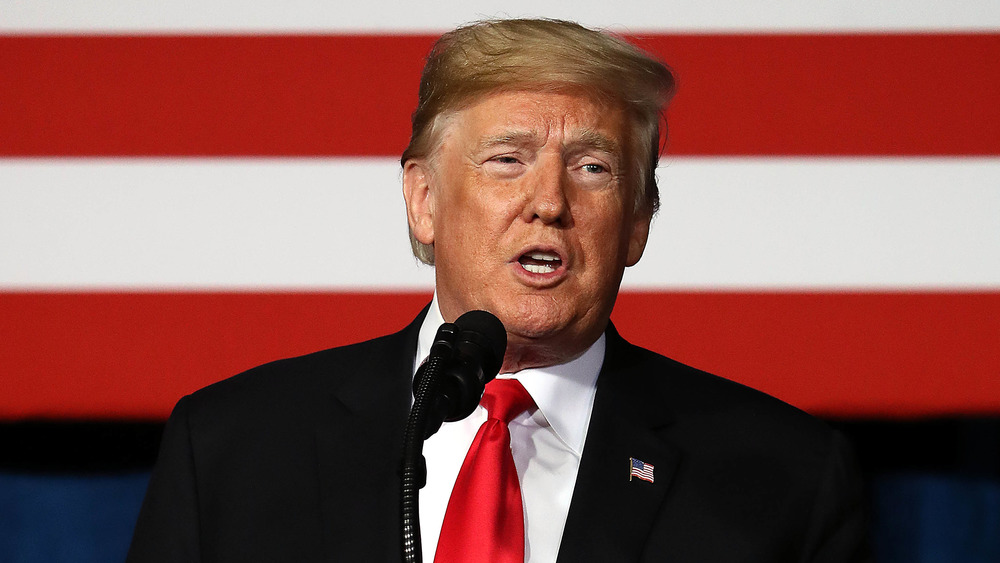
Yes, Trump Can Legally Pardon Himself Or His Family. No, He Shouldn’t.
Former President Donald Trump has repeatedly hinted at the possibility of pardoning himself or his family members, raising questions about the legal and ethical implications of such a move. While there is no clear consensus on whether a president can legally pardon himself, many legal experts believe that he can. However, there is a strong argument to be made that he should not exercise this power.
Legal Authority
The US Constitution grants the president the power to “grant Reprieves and Pardons for Offenses against the United States, except in Cases of Impeachment.” This language does not explicitly state whether a president can pardon himself, but many legal scholars believe that it implies that he can. The Supreme Court has never ruled on this issue, so it remains an open question.
Those who believe that a president can pardon himself argue that the Constitution gives him broad authority to pardon anyone, including himself. They also argue that the president is not subject to prosecution while in office, so he cannot be pardoned for any crimes he may have committed. If he were to be impeached and removed from office, he could then be pardoned by his successor.
Those who believe that a president cannot pardon himself argue that such a move would be an abuse of power. They point out that the pardon power is intended to be used to correct injustices or show mercy, not to protect the president from prosecution. They also argue that a self-pardon would undermine the rule of law and set a dangerous precedent.
Political Consequences
Even if it is legal for a president to pardon himself, it is important to consider the political consequences of such a move. A self-pardon would likely be seen as an admission of guilt and would further damage Trump’s already low approval ratings. It could also lead to further investigations and even impeachment proceedings.
A self-pardon would also be a major blow to the rule of law. It would send a message that the president is above the law and that he can use his power to protect himself from prosecution. This would undermine the trust of the American people in the justice system and could lead to further erosion of the rule of law.
Ethical Considerations
In addition to the legal and political consequences, there are also important ethical considerations to take into account. A self-pardon would be a clear violation of the public trust. The president is elected to serve the people, not to protect himself from prosecution. A self-pardon would show that Trump is more concerned with his own personal interests than with the interests of the country.
A self-pardon would also set a dangerous precedent. If Trump is allowed to pardon himself, then future presidents could use the same power to protect themselves from prosecution for crimes they have committed. This would create a situation where the president is above the law and can use his power to silence his critics.
Conclusion
The decision of whether or not to pardon himself is a complex one. There are legal, political, and ethical factors to consider. Ultimately, the decision is up to Trump. However, he should carefully weigh all of the factors before making a decision. A self-pardon would be a major blow to the rule of law, the public trust, and the ethical standards of the presidency.
| Legal | Political | Ethical |
|---|---|---|
| May be legal | Likely would be seen as an admission of guilt | Would be a clear violation of the public trust |
| Could lead to further investigations and even impeachment proceedings | Would undermine the rule of law | Would set a dangerous precedent |




